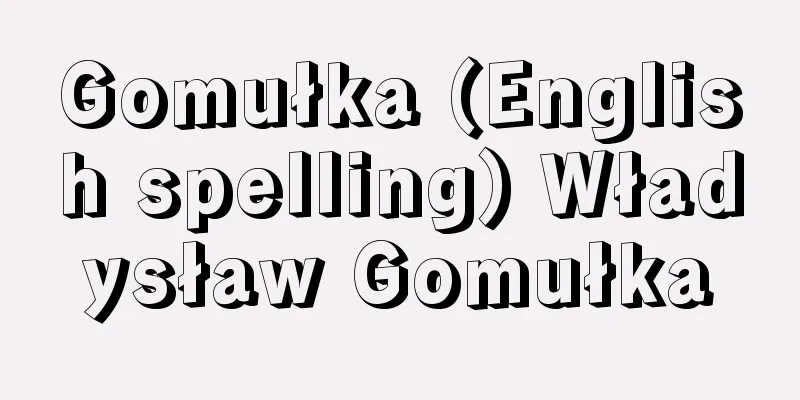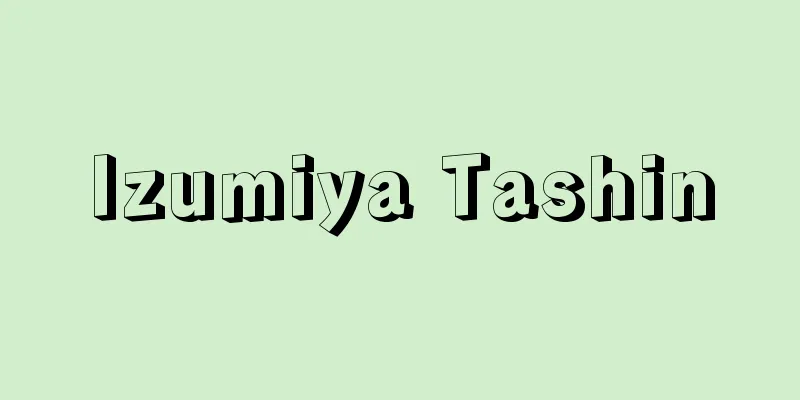Gomułka (English spelling) Władysław Gomułka

|
Polish politician. Born in Krosno, Galicia, into a working family, he participated in the labor movement as a blacksmith's apprentice and then as an oil refinery worker, and joined the Communist Party in 1926. He served as secretary of several labor unions, became a member of the party's Central Committee in 1931, and was imprisoned twice. During World War II, he organized the anti-German resistance struggle in Poland as one of the leaders of the Workers' Party (Communist Party). He became Secretary General of the Party in 1943 and joined the postwar unified Provisional Government as Deputy Prime Minister, but was dismissed in 1948 for "right-wing and nationalistic bias" because he advocated a unique Polish path, and was expelled from the party in 1949 and arrested in 1951. With the thaw after Stalin's death, he was released in 1954 and rejoined the party in 1956. Pushed by the national popularity of his party, which called for democratization, he was elected First Secretary of the Party at the Central Committee Plenum in October, overcoming Soviet political and military pressure. He then implemented policies such as equalizing relations with the Soviet Union, increasing production of consumer goods, and reconciliation with the church, but failed to rebuild the economy, gradually deepening the rift with the people, and after the Baltic riots in 1970 he resigned as First Secretary of the Party, and was dismissed from his position as Central Committee member the following year in 1971. However, his popularity recovered due to the mismanagement of his successor, Gierek, and when he died of an illness on September 1, 1982, a grand funeral equivalent to a state funeral was held for him. [Kido Tsuyoshi] [References] | |Source: Shogakukan Encyclopedia Nipponica About Encyclopedia Nipponica Information | Legend |
|
ポーランドの政治家。ガリツィア地方クロスノの労働者の家に生まれ、鍛冶(かじ)屋の徒弟、ついで精油労働者として労働運動に参加、1926年に共産党に加入した。いくつかの労組書記として活躍し、1931年には党中央委員となり、二度にわたって投獄された。第二次世界大戦中は労働者党(共産党)の指導者の一人として国内で対独抵抗闘争を組織した。1943年以降党書記長に就任し、戦後の統一臨時政府に副首相として入閣したが、ポーランド独自の道を主張したため、1948年に「右翼的、民族主義的偏向」を理由に解任され、1949年には党からも追放、1951年に逮捕された。スターリン死後の雪解けとともに、1954年に釈放され、1956年に復党し、民主化を求める国民的声望に推され、10月の党中央委総会で、ソ連の政治的・軍事的圧力を排して党第一書記に選出された。その後、対ソ関係の平等化、消費財の増産、教会との和解などの政策を打ち出したが、経済再建に失敗し、しだいに国民との溝を深め、1970年のバルト海地方暴動ののち党第一書記を辞任、翌1971年には党中央委員をも解任された。しかし後任者ギエレクの失政によりその人気も回復し、1982年9月1日に病死した際には、国葬に準じる盛大な葬儀が行われた。 [木戸 蓊] [参照項目] | |出典 小学館 日本大百科全書(ニッポニカ)日本大百科全書(ニッポニカ)について 情報 | 凡例 |
Recommend
Golden Moso Bamboo - Golden Moso Bamboo
...In the Kyoto area, bamboo shoots are fitted wi...
tangoceptor
…Charles Scott Sherrington (1857-1952) also divid...
Trunk ganglion
...the efferent elements of the autonomic nervous...
Herman Snellen
1834‐1908 Dutch ophthalmologist. He studied medici...
Kanto Magistrate - Kanto Sobugyo
This was the system of the Edo Shogunate during it...
Tractatus Logico-Philosophicus (English)
…The only book published by philosopher Wittgenst...
Cartailhac, É. (English spelling) CartailhacE
…A 270m long cave in the province of Santander in...
Firebird
1. A manga work by Tezuka Osamu. A long series dep...
charity concert
A charity performance is a type of event that gen...
Otori Shrine
Located in Otorikita-cho, Sakai City, Osaka Prefe...
Cathode ray oscilloscope
…Also called cathode ray oscilloscope (CRO), cath...
Stentor
…A general term for protozoa belonging to the Ste...
rota altivolans (English spelling) rotaaltivolans
…These are figures related to the sun, which show...
Kronos - Kuronosu (English spelling) Kronos
A god in Greek mythology. In Roman mythology, he ...
Fire Responsibility - Shikkeshikinin
If a fire causes damage to others, liability for t...
![Etna [mountain] - Etna](/upload/images/67cb08a36e5a8.webp)








